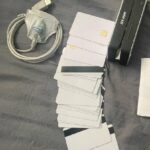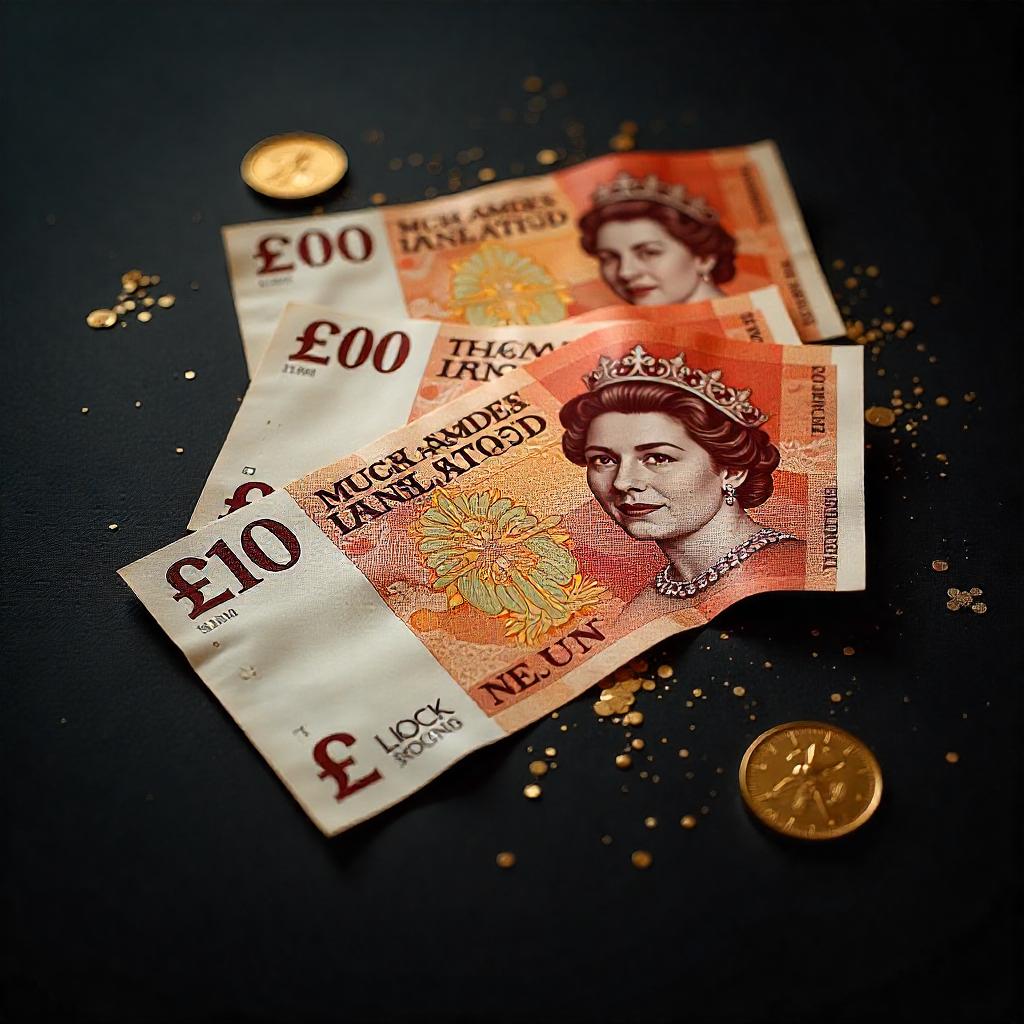The production, distribution, or use of counterfeit money is a serious criminal offense in the UK. The law is designed to protect the integrity of the country’s currency and maintain public trust in cash transactions. Understanding the legal framework surrounding fake banknotes is crucial for individuals and businesses alike.
What Does the Law Say About Fake Banknotes in the UK?
The key legislation governing counterfeit currency in the UK includes:
1. The Forgery and Counterfeiting Act 1981
- This is the primary law related to counterfeit money in the UK.
- Under Section 14 of the Act, it is an offense to:
- Make, use, or possess counterfeit money with the intent to deceive.
- Pass counterfeit notes or coins, even if you did not produce them.
- Have equipment or materials intended for making counterfeit currency.
Penalty:
- Making or using counterfeit currency is punishable by up to 10 years in prison, an unlimited fine, or both.
2. The Proceeds of Crime Act 2002
- If someone receives or uses counterfeit money as part of fraudulent activities, they may also be prosecuted under this Act.
- It is an offense to knowingly benefit financially from counterfeit activities.
3. The Serious Crime Act 2015
- This Act allows law enforcement to use Serious Crime Prevention Orders (SCPOs) to restrict the activities of individuals involved in organized counterfeiting.
What Counts as an Offense?
In the UK, the following activities related to fake banknotes are illegal:
- Production of Counterfeit Banknotes
- Manufacturing fake notes or coins using any materials or equipment.
- Passing Counterfeit Money
- Using fake banknotes to purchase goods or services, even if you did not produce the notes yourself.
- This is often referred to as “uttering counterfeit notes.”
- Possession of Counterfeit Money
- Holding fake notes with the intent to use them or pass them on to someone else.
- Possession of Counterfeiting Equipment
- Having tools, printers, or materials specifically intended for creating counterfeit money.
What If You Accidentally Use Fake Money?
If you unknowingly possess or use a fake banknote, you are not committing a crime. However, you must act responsibly once you become aware of its counterfeit nature.
What to Do If You Suspect a Banknote is Fake:
- Do Not Attempt to Use It
- Using counterfeit money, even accidentally, can lead to legal complications.
- Report It Immediately
- Hand the note over to your bank or the police. You will not be reimbursed for the fake note, but reporting it is crucial for preventing further circulation.
- Keep Details of the Source
- If you remember where or from whom you received the counterfeit note, provide this information to authorities.
How Does the UK Combat Counterfeit Money?
The UK has implemented various measures to combat fake banknotes, including:
1. Advanced Security Features on Banknotes
- The Bank of England issues banknotes with sophisticated security features to make counterfeiting more difficult.
- Modern polymer banknotes include features like:
- Holograms
- Transparent windows
- Raised print
- UV markings
2. Collaboration with Law Enforcement
- The National Crime Agency (NCA) and local police forces actively investigate counterfeiting operations.
- Specialized units, such as the Banknote Watch, help businesses and law enforcement identify and respond to counterfeit threats.
3. Public Awareness Campaigns
- The Bank of England regularly runs campaigns to educate the public and businesses about how to spot fake banknotes.
Consequences of Handling Fake Banknotes
If found guilty of counterfeiting offenses, the consequences can be severe:
- For Individuals
- Up to 10 years in prison for making, using, or possessing counterfeit money with intent to deceive.
- Unlimited fines or additional financial penalties.
- For Businesses
- Businesses that fail to train employees on spotting fake banknotes may face financial losses.
- Employees could be investigated if they knowingly accept or pass counterfeit money.
How to Avoid Handling Fake Notes
To avoid unknowingly accepting counterfeit money, follow these tips:
- Check the Banknote’s Security Features
- Look for holograms, transparent windows, raised print, and UV markings.
- Use a Counterfeit Detector
- Many businesses use UV light detectors or pens to identify fake banknotes quickly.
- Be Cautious with Large Denominations
- Fake banknotes are often produced in higher denominations like £20 or £50.
- Train Your Staff
- If you run a business, ensure your employees know how to identify counterfeit money.

 Counterfeit notes
Counterfeit notes Cloned cards
Cloned cards Bitcoin mining machine
Bitcoin mining machine Flipper zero
Flipper zero
I’ve read several good stuff here. Certainly worth bookmarking for revisiting. I wonder how much effort you put to make such a great informative website.